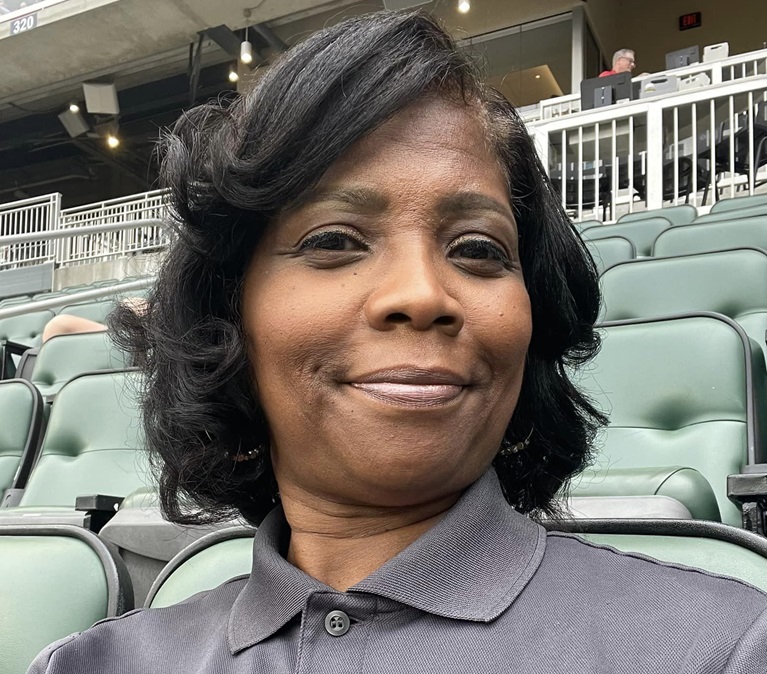April marks Stress Awareness Month, a time dedicated to recognizing the prevalence of stress in our everyday lives and empowering our community with strategies to manage it effectively.
As we navigate the complexities of modern life, caregivers, and students often find themselves grappling with an array of stressors, from academic pressures (especially those gearing up for graduation) to familial responsibilities.
But why is stress awareness so important in this modern day, and how can you begin to find ways to help?
Take a step back – what really is stress?
Stress at its core is the body’s natural response to challenges or demands and it typically manifests itself in physiological, physical, or psychological ways. While some levels of stress can be motivating and helpful, excessive or chronic stress can have negative effects on both our physical and mental health.
How to recognize stressors
If you’re to begin to manage stress in your life, you’ll want to find out what’s stressing you to begin with.
For caregivers, it could be juggling work, childcare, household responsibilities, and personal commitment can lead to overwhelming feelings of pressure and anxiety. Similarly, students often experience stress related to academic performance, peer relationships, caretaking of their siblings, and extracurricular activities.
By pinpointing the specific source of stress, you can begin to develop ways to manage it effectively.
Strategies for caregivers
- Cultivate supportive relationships
A strong support network of family members, friends, and/or community members can provide much-needed validation and support, which can reduce feelings of isolation and stress.
The Survey of the Health of Wisconsin concluded, “Individuals’ sense of community can significantly reduce symptoms of depression, anxiety, and stress.” In addition, according to Julianne Holt-Lunstad, PhD, a professor of psychology and neuroscience at Brigham Youth University, social isolation takes a similar toll on the brain as smoking fifteen cigarettes daily.
The magnitude that our relationships have on our lives is incredibly powerful and it’s not something we should take for granted. Sometimes alleviating stress can be as simple as calling a trusted friend or family member and talking through what’s stressing them.
- Creating awareness around stressors
Once you know what’s causing you stress, you’ll begin to create awareness around those stressors. This isn’t to say what’s causing your stress isn’t important or will disappear, but when you can recognize your stress, you can start to put a few boundaries in place and pinpoint what is worth stressing about and what you can put a pin in and worry about later.
What takes precedence for you?
- Find an outlet
As caregivers, you may not always prioritize your own well-being, but you ARE important, too. Whether it’s something as simple as taking a walk around your neighborhood, watching your favorite movie, or cooking your favorite meal, carving out time for yourself will give you the mental capacity to tackle the stressors of daily life. When we sat down with our founder, Shareef, he emphasized the importance of keeping perspective on what’s most important and going back to your purpose. Whether through community, faith, family, or connecting with something bigger than yourself – keeping perspective is essential during times of stress.
Strategies for Students
- Time management
Developing effective time management skills to prioritize tasks and achieve your goals is important as students juggle many things day to day. Break large projects down or assignments into smaller, manageable tasks, and allocate dedicated study periods to maintain productivity and reduce last-minute stress.
- Balance academics and extracurriculars
While academic achievement is important, it’s equally essential to strike a balance between academics and extracurricular activities. Engage in hobbies, sports, or creative pursuits that bring you joy and fulfillment, providing a much-needed break from academic pressures.
- Utilize support resources
Take advantage of support resources available at your school – just like Future Foundation! That’s exactly what these programs are here for. Don’t hesitate to reach out to teachers, advisors, or mentors for guidance and assistance when needed.
- Find an outlet
Students need outlets too whether it’s listening to music, spending time with friends and family, or trying something new.
In the context of Stress Awareness Month, it’s crucial to recognize that stress affects individuals differently based on various psycho-social and contextual factors. According to an article written by Anderson J. Franklin, the experience of chronic stress is compounded by the pervasive exposure to racism and discrimination, which serves as an additional daily stressor.
The U.S. Department of Health and Human Services Office of Minority Health highlighted a few key statistics.
- Adult blacks are 20 percent more likely to report serious psychological distress than adult whites.
- Adult blacks living below poverty are two to three times more likely to report serious psychological distress than those living above poverty.
- Adult blacks are more likely to experience feelings of sadness, hopelessness, and worthlessness compared to adult whites.
In light of Stress Awareness Month, it’s essential to acknowledge the complexities at play between stress, race, and mental health.
At Future Foundation, we want to raise awareness and help our communities understand the importance of stress strategies and mental health. Your well-being matters and we hope we can continue to be a resource to those in our programs and around our community.
As we continue through the year, we will be featuring our new board members.

Get to know board member Daryl Watkins

Daryl Watkins is a seasoned supply chain management expert with over 30 years of experience. His career spans industry operations and strategic consulting, where he’s guided top executives through transformative strategies. With a solid academic background from Ga Tech and UNC–Chapel Hill, including degrees in Mechanical and Industrial Engineering and an MBA, Daryl
combines academic rigor with practical leadership skills.
Daryl was drawn to become a Future Foundation Board member because of its commitment to impactful change and its innovative approach to addressing key societal issues. He felt now was the right time to join because he believes his experience aligns with Future Foundation’s current initiatives, and he is at a place in his career where he can dedicate the necessary time and resources to contribute effectively.
He’s most excited about the opportunity to work alongside a diverse group of thought leaders and change-makers who are equally passionate about the mission. The prospect of contributing to meaningful change that has a lasting impact on the students is incredibly motivating to him.
Darlyn believes that what sets Future Foundation apart is its holistic approach to problem-solving and its dedication to sustained student success. His background as a consultant has equipped him with a unique perspective on strategic planning and execution. His goal is to combine his experience in fostering collaborative environments to set visionary goals and create actionable paths to achieve them.
Get to know board member Shaun Young

Shaun Young is a forward-thinking and detail-oriented professional with over a decade of experience in convention service and event management, coupled with another decade in the hospitality and food service industry. With a proven track record of driving sustainable profitability,
Shaun is adept at combining industry expertise, event creativity, and organizational prowess to seal successful event deals.
Shaun was drawn to become a Future Foundation Board Member because of her passion for empowering youth and fostering positive change. She has witnessed firsthand the incredible impact that Future Foundation has had on the lives of young people in our community. She knew now was the right time to lend her expertise and she feels a deep sense of responsibility to give back to her community.
Shaun is most excited about being able to directly contribute to shaping the organization’s strategies and programs aimed at empowering the community’s youth. She is excited about the prospect of expanding the reach and effectiveness of the programs.
Shaun believes Future Foundation’s authentic approach to youth development is a contributing factor in setting it apart from other organizations and its commitment to long-term, sustained impact is what has contributed to the long-running success of the organization.
Her background in community service and having witnessed firsthand the challenges and struggles faced by underserved communities, she understands the urgent need to disrupt the cycle of poverty and create opportunities for lasting change.
